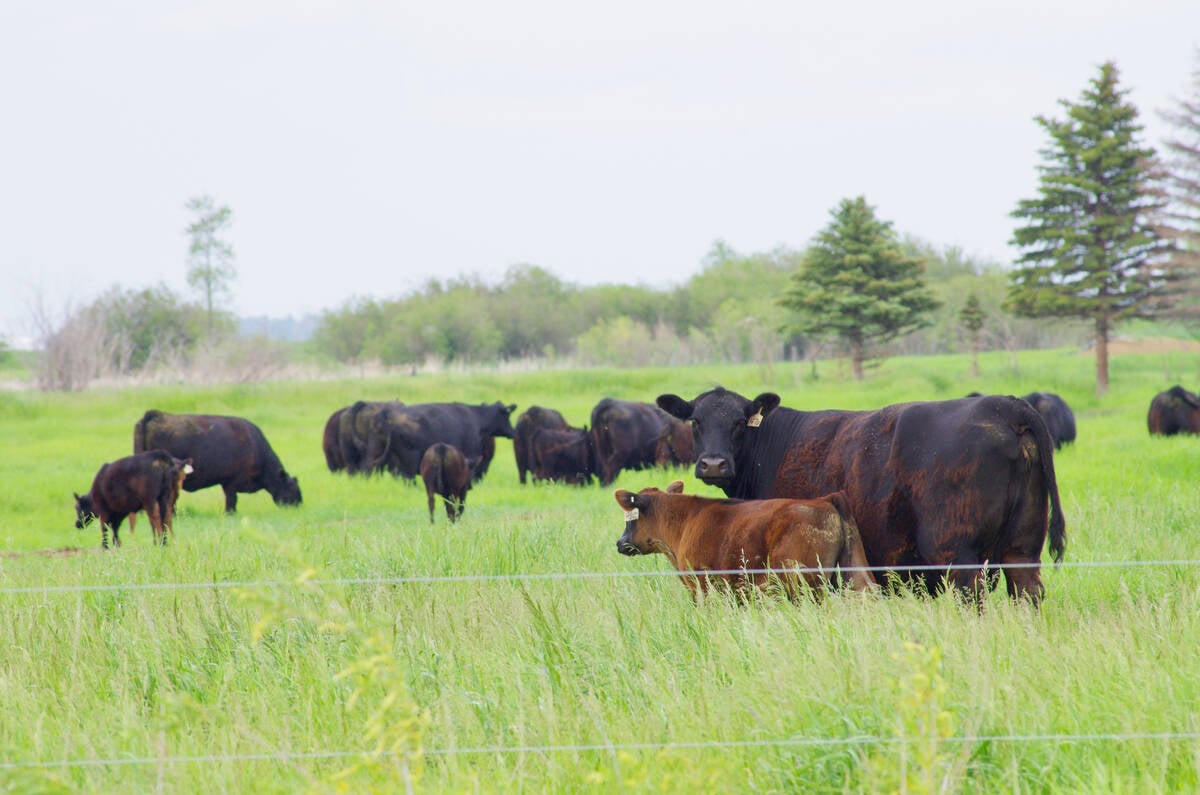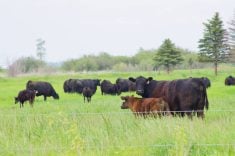The Alberta Tory machine has triumphed with a fourth majority win for premier Ralph Klein.
While some seats were lost to the Kevin Taft led Liberals, most of the province remained in the grip of the Progressive Conservatives, a scenario that hasn’t changed since 1971 when premier Peter Lougheed defeated the longstanding Social Credit government.
“Our party has been given a solid, and I say solid, mandate,” Klein told supporters at the Calgary-Elbow election headquarters in southwest Calgary.
Of 83 possible seats, 61 went to Conservatives, according to unofficial results.
Read Also

Tick research from the University of Manitoba focuses on insects and testing
Manitoba researchers are looking into the effects of tick and fly disease in cattle.
“Albertans have given us our marching orders for the next four years,” said the premier.
“Yes, we lost some seats … but this is the nature of democracy and while we have earned a very solid majority of the government, we will have to hear what Albertans told us tonight,” he said.
The premier ran a campaign offering solid management but critics complained it was short on details about health care policy reform, education issues and handling the ever-growing surplus from oil and gas revenues.
The 62-year-old premier, who entered politics in 1980 as a television reporter turned mayoral candidate in Calgary, has never lost an election. Klein has said this is his last campaign and that he plans to turn over leadership toward the end of this mandate.
Talk at election headquarters was already shifting to speculation about the heir to his throne. While people agreed there is a strong pool of talent for the job, many have singled out former provincial treasurer Jim Dinning, who retired to private life in the late 1990s.
Dinning stayed out of the spotlight on election night, quietly watching from the back of the hall as Klein made his victory address.
Much of the election was predictable, with a few surprise packages for some city ridings.
Rural Alberta held fast in its support for the Conservatives. Longstanding members including agriculture minister and deputy premier Shirley McClellan, Carol Haley and Ken Kowalski kept their seats.
The surprise win was a doubling of Liberal fortunes in urban ridings. This included a possible four seats in Calgary, a traditional stronghold of Conservative power. The party also won 10 seats in Edmonton.
Lethbridge East, once held by former Liberal leader Ken Nicol, passed the torch to former city alderman and new Liberal member Bridget Pastoor.
The New Democrats had elected four people at press time, three of whom have held the party leadership including Ray Martin, Raj Pannu and current leader Brian Mason, all of Edmonton.
In addition, Albertans were able to select senators in waiting from among a list of 10 candidates.
Retired farmer Bert Brown of Kathyrn was selected, along with Betty Unger, Cliff Breitkreuz and Link Byfield. All but Byfield were running as Conservatives.
Brown said he is confident prime minister Paul Martin will appoint the voter selected senators to the three vacant senate seats in Ottawa, although Martin said earlier that he won’t.
“I have an absolute firm belief we will have senate reform in this country,” said Brown in an interview on election night.
“I’m pleased that we have seen democracy rise from a few people who were called disobedient to where we have more support than any other political idea in this country.”
Brown has championed the Triple E senate idea – elected, effective and equal – for more than a decade and has run in three Alberta elections.
He also won as senator in waiting in the last provincial election along with university professor Ted Morton, who ran as a provincial Conservative this time around. Morton won his seat and moved away from the Senate platform.

















